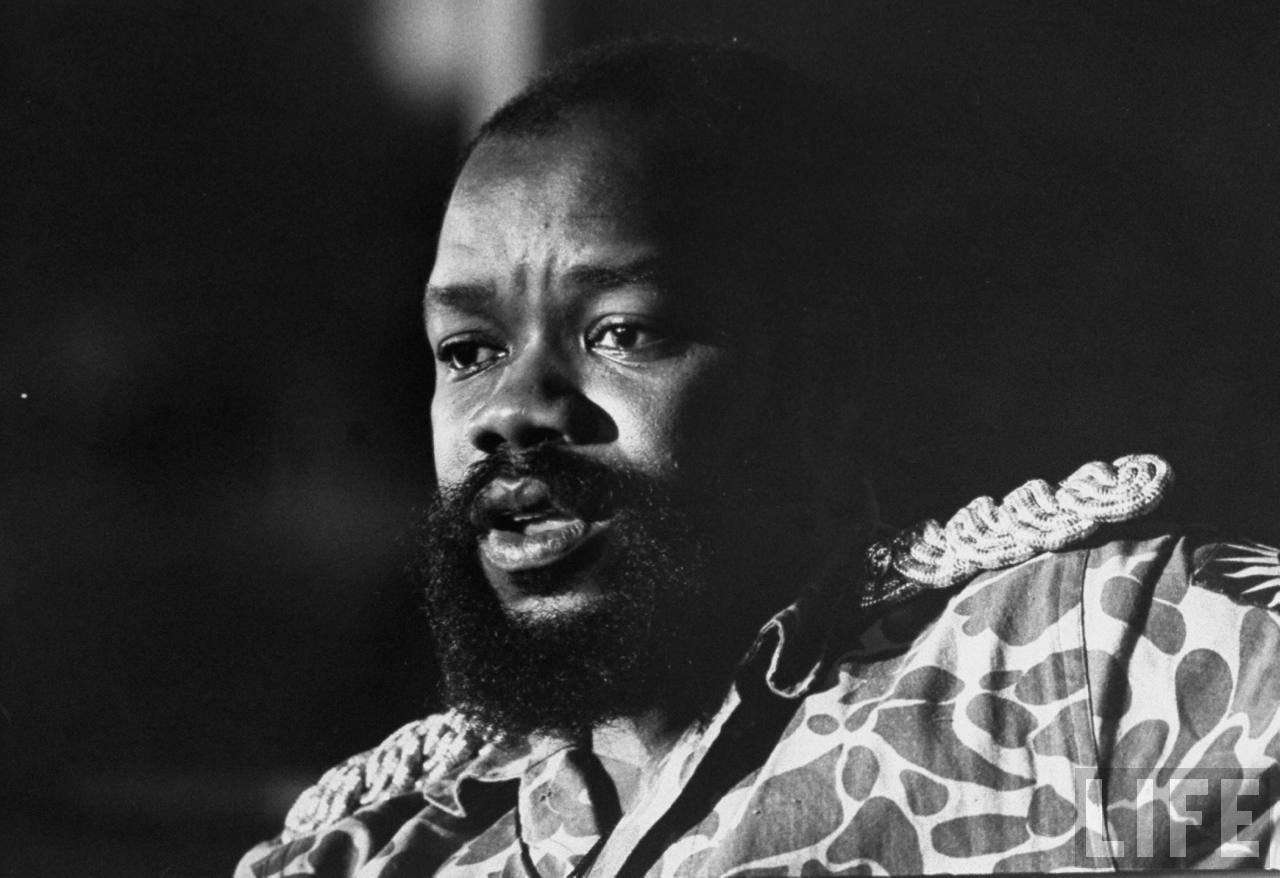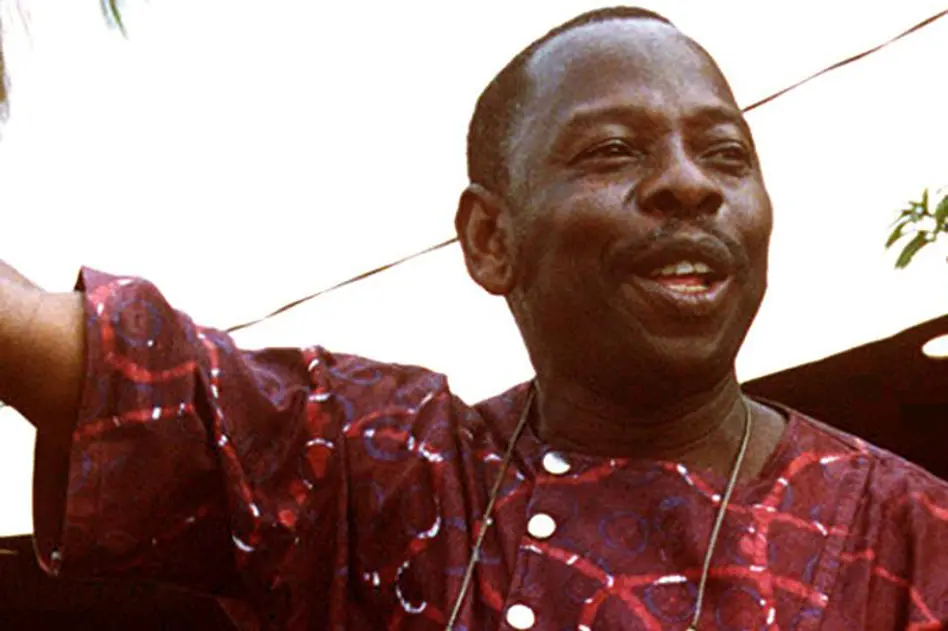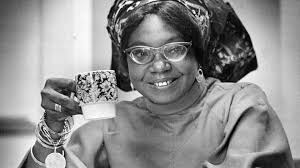
Chukwuemeka Odumegwu Ojukwu: Leader of the Biafran Movement and Defender of Igbo Rights
Chukwuemeka Odumegwu Ojukwu was a Nigerian military officer, politician, and the central figure in the secessionist state of Biafra during the Nigerian Civil War. Revered as a hero among the Igbo people and known for his courageous defense of his people’s rights, Ojukwu remains one of the most complex and influential figures in Nigeria’s history. This biography explores his early life, leadership in the Biafran movement, and his legacy as a prominent Nigerian leader.
Early Life and Education
Ojukwu was born on November 4, 1933, in Zungeru, Nigeria, into a wealthy Igbo family. His father, Sir Louis Odumegwu Ojukwu, was one of Nigeria’s most successful businessmen, giving young Chukwuemeka access to the best education. He attended Epsom College in the United Kingdom and later studied history at the University of Oxford. This education provided him with a strong sense of identity and responsibility toward his people, influencing his future decisions and leadership style.
Military Career and Rise to Leadership
Returning to Nigeria, Ojukwu joined the Nigerian Army in 1957, becoming one of the first graduates to be directly commissioned as an officer. Rising rapidly through the ranks, he played significant roles in various regions of Nigeria, witnessing the complexities of Nigerian politics firsthand. The political tensions, ethnic divisions, and violence he observed ultimately contributed to his decision to lead the Igbo people in their fight for autonomy.
Leader of Biafra and the Nigerian Civil War
In 1967, following a series of ethnic tensions and violent attacks on the Igbo population, Ojukwu declared the southeastern region an independent state, known as the Republic of Biafra. This declaration led to the Nigerian Civil War, a three-year conflict that saw immense hardship and loss, particularly among the Biafran people. Ojukwu’s leadership during the war, though controversial, was driven by his commitment to protecting his people from violence and ensuring their right to self-determination.
Despite limited resources, Ojukwu and the Biafran forces demonstrated resilience, defending their land against a larger and better-equipped Nigerian military. The Biafran cause attracted international attention and humanitarian aid, with images of famine and suffering in Biafra sparking a global response. However, Biafra was ultimately reintegrated into Nigeria in 1970, after Ojukwu went into exile to prevent further bloodshed.
Life in Exile and Return to Nigeria
After the war, Ojukwu fled to Côte d’Ivoire, where he remained in exile for 13 years. During this time, he continued to advocate for Igbo rights and was regarded as a hero by many Nigerians who saw him as a symbol of resistance and self-determination. In 1982, the Nigerian government granted him amnesty, and he returned to Nigeria, where he entered politics to continue his advocacy for justice, federalism, and the welfare of his people.
Legacy and Influence
Ojukwu’s legacy is complex, with Nigerians holding diverse views on his actions and impact. Among the Igbo people, he is revered as a defender of their rights, culture, and identity. His commitment to self-determination has inspired future generations of Nigerians to engage in political advocacy and stand against injustice.
Institutions and organizations across southeastern Nigeria honor Ojukwu’s memory, with many seeing him as a symbol of Igbo resilience and pride. He remains an influential figure in Nigerian history, remembered for his bravery and dedication to his people’s welfare. Ojukwu’s vision for a fair and equitable Nigeria continues to inspire discussions on federalism, equality, and unity in the country.
Notable Quotes
“It is better we disintegrate in peace and not in pieces.”
“I do not fear the possibility of failure. What I fear is the failure to try.”
Conclusion
Chukwuemeka Odumegwu Ojukwu’s life was marked by his commitment to justice, identity, and self-determination. As a leader of the Biafran movement, he dedicated his life to defending his people and shaping Nigeria’s future. Though controversial, his legacy endures as a reminder of the importance of leadership, resilience, and the pursuit of justice. His life continues to inspire Nigerians who seek a unified and fair society for all.



